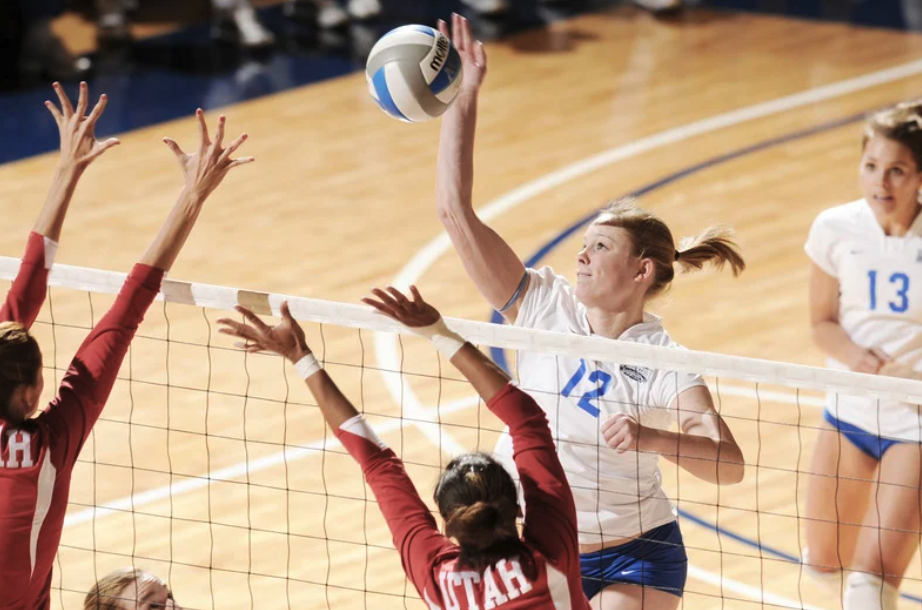
Compete Like a Champion: The Mindset of Winning Athletes
Confidence under pressure. Presence in the moment. Resilience in the face of setbacks. These aren't just traits athletes are born with—they’re mental muscles built through repetition and reflection. In this article, you'll learn how elite performers train their minds as intensely as their bodies, and how you can adopt the same mindset to level up in sport, business, or any competitive space.

Trusting Your Training: Building Confidence Before Competition
When the lights go up and the moment finally arrives, confidence doesn’t come from last-minute hype—it comes from trusting the work already done. This blog dives into why athletes need to bank belief long before competition day, and how training with intention, repetition, and resilience builds a mindset that shows up when it matters most.

Handling the Spotlight: Public Pressure and Athletic Performance
From front-page headlines to viral clips, modern athletes perform under more than just physical pressure—they face relentless public attention. While the spotlight can energize performance, it can also create identity strain, anxiety, and distraction. In this post, we break down how media and public scrutiny impact performance and explore the mental strategies athletes use to reframe, reset, and refocus—so they can thrive under pressure instead of buckle beneath it.

Confidence Conditioning: Mental Workouts for Competitive Athletes
Confidence isn’t reserved for the naturally fearless—it’s built, rep by rep. Just like physical strength, belief in yourself grows with deliberate mental training. In this blog, learn how to condition your confidence with structured tools like visualization, self-talk, and reset routines—so you can stay composed, take risks, and perform with conviction when it matters most.

Finding Your Why: Helping Athletes Stay Connected to Purpose
It’s easy to feel connected to your sport when things are going well. But when results stall or challenges build, it’s your deeper “why” that keeps you going. In this blog, explore how to rediscover your purpose, stay grounded through pressure, and build confidence that lasts—no matter what the scoreboard says.

Redefining Success: Purpose Beyond the Podium
Winning feels great—but lasting fulfillment in sport goes deeper than medals and titles. Many athletes are redefining success through a values-based lens, shifting focus from outcomes to intention, identity, and personal meaning. This blog explores how value-based success strengthens resilience, fuels motivation, and keeps athletes grounded—whether they're climbing the ranks or navigating a setback.

Mental Reset After Defeat: Helping Athletes Refocus Purpose
Losing hurts. But it’s not the loss itself—it’s how we interpret it that defines the path forward. Many athletes tie their identity to winning, which makes setbacks feel like personal failures. In this blog, explore powerful mindset tools that help athletes reframe defeat, regulate emotions, rebuild confidence, and reconnect with their purpose. Because resilience isn’t just bouncing back—it’s rising stronger, clearer, and more grounded in who you are.

Game-Day Confidence Rituals: What Top Athletes Do Differently
Confidence doesn’t magically show up on game day—even for elite athletes. The best performers build it deliberately through structured routines that calm the body, prime the mind, and fuel belief. Learn how to create your own confidence ritual using proven tools like visualization, cue phrases, and mental grounding—so you can show up ready, every time.
Have a Question for Us?
Call us at 437-826-9365 or schedule an ask us anything chat.
We can talk about how working with a therapist and/or mental performance coach can help you.
No charge. No obligation.